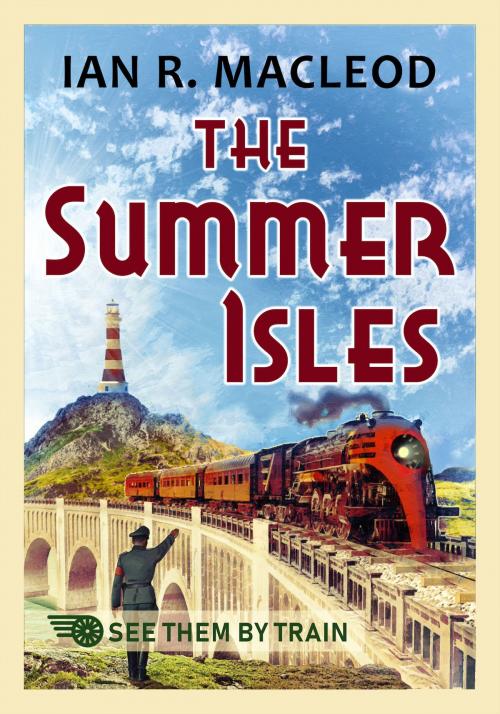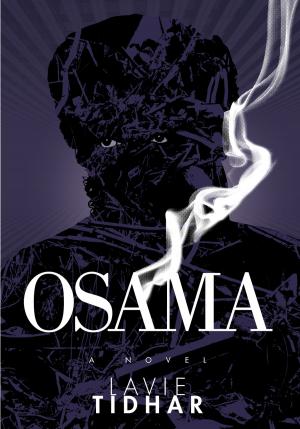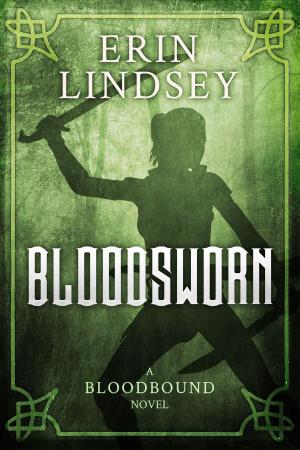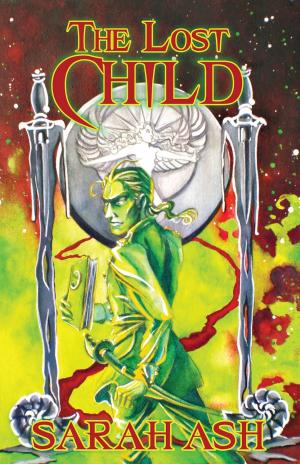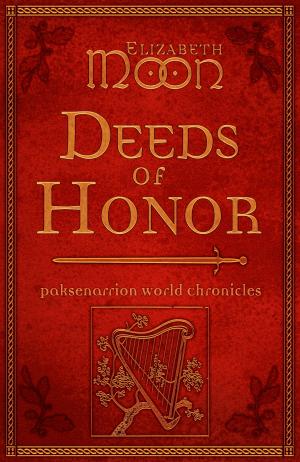| Author: | Ian R. MacLeod | ISBN: | 9781625673954 |
| Publisher: | JABberwocky Literary Agency, Inc. | Publication: | August 15, 2018 |
| Imprint: | Language: | English |
| Author: | Ian R. MacLeod |
| ISBN: | 9781625673954 |
| Publisher: | JABberwocky Literary Agency, Inc. |
| Publication: | August 15, 2018 |
| Imprint: | |
| Language: | English |
Winner of the World Fantasy Award and the Sidewise Award for Alternate History
What would have happened if Britain and its allies had lost the Great War? From this premise, and through the compelling story of an outsider forever struggling to make sense of, or even change, the world, The Summer Isles takes a journey into the darker side of British nationalism.
Geoffrey Brook, seemingly a successful and respected history don at a venerable Oxford college, feels his whole life is a fraud. Not only did he not go to the right schools, or attend university, but he cannot even understand Latin. That, and, in a country where intolerance and bigotry has become a national rallying cry, there's the issue of his supposedly deviant sexuality. Which, if it was discovered, would probably see him sent to a labour camp — or worse still, to the Summer Isles. It all goes back to a boy he remembers from his youth, who has now become the country's charismatic leader. But what can he do now, in a country that seems to be on the brink of cataclysm?
Praise for The Summer Isles:
“The Summer Isles is one of the most powerful, compelling and compassionate novels ever written in any genre.” —Gardner Dozois
“The Summer Isles combines the profound melancholy of Orwell with the precise observance of Graham Green.” —Lucius Shepard
“A poetic and fascinating alternate history that tells us much about how human beings think and act. At times, The Summer Isles reads like a political thriller, but, in the end, it is a story about the human heart told by a master of the form.” —Pat LoBrutto
“Projecting Nazi Germany onto the England of the ‘30s is a most effective counterfactual device: and in the opposition of the narrator, historian Geoffrey Brook, and Britain's Fuehrer, John Arthur, MacLeod sums up very neatly the division in the British psyche of the time, between Churchillian grit and abject appeasement.” —Locus
Winner of the World Fantasy Award and the Sidewise Award for Alternate History
What would have happened if Britain and its allies had lost the Great War? From this premise, and through the compelling story of an outsider forever struggling to make sense of, or even change, the world, The Summer Isles takes a journey into the darker side of British nationalism.
Geoffrey Brook, seemingly a successful and respected history don at a venerable Oxford college, feels his whole life is a fraud. Not only did he not go to the right schools, or attend university, but he cannot even understand Latin. That, and, in a country where intolerance and bigotry has become a national rallying cry, there's the issue of his supposedly deviant sexuality. Which, if it was discovered, would probably see him sent to a labour camp — or worse still, to the Summer Isles. It all goes back to a boy he remembers from his youth, who has now become the country's charismatic leader. But what can he do now, in a country that seems to be on the brink of cataclysm?
Praise for The Summer Isles:
“The Summer Isles is one of the most powerful, compelling and compassionate novels ever written in any genre.” —Gardner Dozois
“The Summer Isles combines the profound melancholy of Orwell with the precise observance of Graham Green.” —Lucius Shepard
“A poetic and fascinating alternate history that tells us much about how human beings think and act. At times, The Summer Isles reads like a political thriller, but, in the end, it is a story about the human heart told by a master of the form.” —Pat LoBrutto
“Projecting Nazi Germany onto the England of the ‘30s is a most effective counterfactual device: and in the opposition of the narrator, historian Geoffrey Brook, and Britain's Fuehrer, John Arthur, MacLeod sums up very neatly the division in the British psyche of the time, between Churchillian grit and abject appeasement.” —Locus
